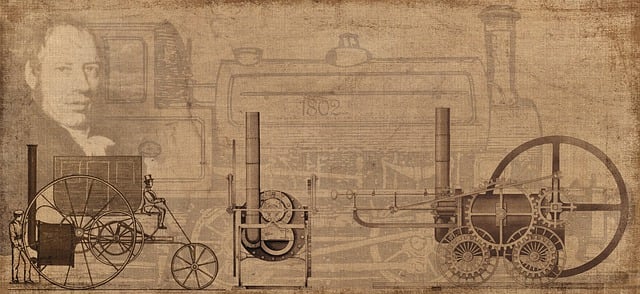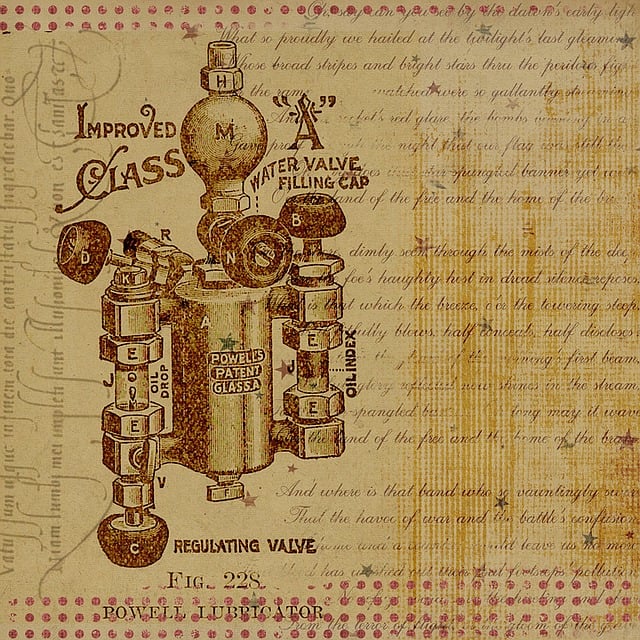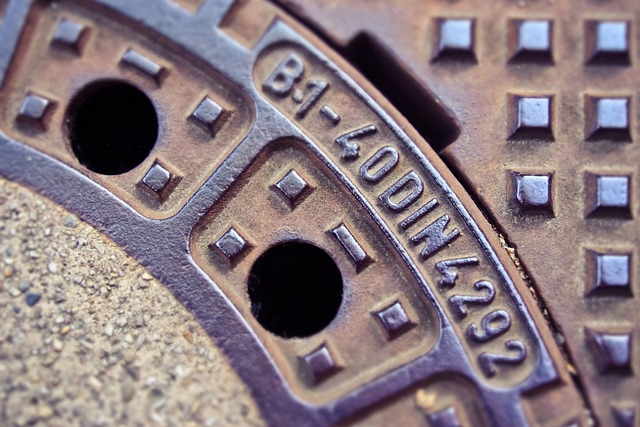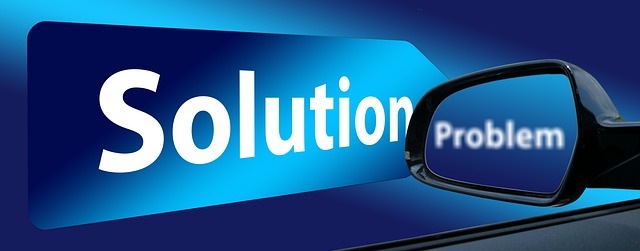Translating patents for scientific inventions targeting the UK market presents significant challenges due to complex terminology, precise regulatory requirements, and cultural nuances. Specialized translation services are crucial to navigate these complexities, ensuring compliance with UK legal frameworks while preserving the original patent's intent and innovation. Key aspects include employing professional translators with science expertise, utilizing advanced QA measures, staying current on UKIPO guidelines, clear communication, and leveraging AI/MT technologies for enhanced accuracy and localization, ultimately securing protection and marketability for scientific inventions in the UK.
Translating patents for scientific inventions to meet UK regulatory standards is a complex process that requires meticulous attention to detail. With stringent requirements and a focus on precision, understanding the nuances of UK patent translation is paramount for inventors and businesses aiming to protect their intellectual property in this jurisdiction. This comprehensive guide delves into the key aspects of effective patent translation services for scientific inventions, covering everything from terminology and challenges to legal considerations and future trends.
- Understanding UK Patent Translation Requirements
- The Importance of Accurate Scientific Terminology
- Challenges in Translating Patents for Inventions
- Choosing the Right Language Services Provider
- Quality Assurance and Control Measures
- Legal Considerations and Compliance
- Tips for Effective Communication with Translators
- Future Trends in Patent Translation Services
Understanding UK Patent Translation Requirements

When translating patents for scientific inventions with an eye on UK regulatory standards, it’s crucial to grasp the specific requirements this jurisdiction imposes. Unlike other countries, the UK has its own set of guidelines and best practices for patent translations, ensuring accuracy and compliance are paramount. These regulations are designed to maintain the integrity of the original invention description while adapting it to the unique legal framework of the United Kingdom.
Translation services for UK patents must go beyond mere word-for-word replacements. They require a deep understanding of scientific terminology and the ability to convey complex ideas accurately. This includes interpreting technical jargon, explaining intricate concepts, and ensuring that all critical details are preserved throughout the translation process. Moreover, cultural nuances play a significant role, as the UK has its own distinct language and communication styles within the scientific community.
The Importance of Accurate Scientific Terminology

When translating patents, especially for scientific inventions aiming to enter the UK market, precise and accurate scientific terminology is paramount. Patents often contain complex technical details that require a deep understanding of the field to convey accurately in another language. The wrong term or phrase could lead to misinterpretation, causing potential delays or legal issues during the approval process. Therefore, translation services for UK patents should employ professional translators with expertise in science and technology, who can confidently navigate the nuances of specific scientific terminology.
Using consistent and appropriate technical jargon ensures that the patent’s intent remains intact while meeting the stringent requirements of UK regulatory standards. This meticulous approach is crucial when translating patents to ensure the invention’s protection and marketability within the UK jurisdiction.
Challenges in Translating Patents for Inventions

Translating patents, especially for scientific inventions aiming to enter the UK market, presents unique challenges. These include navigating complex terminology specific to various scientific fields and ensuring precise conveyance of technical details crucial for regulatory understanding. The process demands a deep grasp not only of the source language but also of the legal and regulatory framework within which the patent will operate in the UK.
Furthermore, maintaining the original invention’s essence and innovation throughout translation is paramount. Misinterpretations or inaccuracies can lead to misunderstandings, delays in approval processes, or even rejection of the patent application. Thus, it becomes imperative to engage professional translation services with proven expertise in handling UK patents for scientific inventions, ensuring a seamless transition from one language to another while adhering to stringent legal and regulatory standards.
Choosing the Right Language Services Provider

When it comes to translating patents for scientific inventions aiming to enter the UK market, selecting a reputable language services provider is paramount. Look for companies specializing in technical translation and holding expertise in patent documentation. These professionals should possess a deep understanding of both scientific terminology and UK regulatory requirements.
Their capabilities should include not just precise translation but also adaptation to local standards and practices. Reputable providers often employ native speakers and stay updated with the latest industry trends, ensuring your patent documents are handled with accuracy and compliance in mind.
Quality Assurance and Control Measures

When translating patents for scientific inventions aimed at the UK market, meticulous Quality Assurance (QA) and Control Measures are paramount. These processes ensure that the translated documents accurately reflect the original patent’s technical details while adhering to UK regulatory standards. Reputable translation services for UK patents employ advanced tools and human experts to catch nuances, terminology errors, and structural inconsistencies, guaranteeing precise and compliant translations.
Rigorous QA involves multiple rounds of review by language specialists who verify the accuracy of scientific terminology, check for grammatical correctness, and ensure compliance with formatting requirements specific to UK patent applications. This meticulous approach not only enhances the quality of the translated documents but also significantly reduces the risk of errors that could delay regulatory approval or lead to legal complications.
Legal Considerations and Compliance

When translating patents for scientific inventions intended for the UK market, a deep understanding of local legal requirements is paramount. The UK has strict regulations governing intellectual property (IP), particularly for scientific and technological advancements. Therefore, translation services should not only focus on linguistic accuracy but also on ensuring compliance with these standards. This includes adapting the patent documentation to align with the UK’s specific legal framework, including any unique terminology or interpretations required by the country’s patent offices.
Translation specialists must remain updated on the latest guidelines and updates from the UK Intellectual Property Office (UKIPO) to avoid any potential issues during the examination process. Accurate translations are crucial to protect inventors’ rights and ensure their inventions are legally recognised in the UK. This involves careful consideration of language nuances, technical terminologies, and the preservation of original intent, all while meeting the stringent requirements of the UK regulatory authorities.
Tips for Effective Communication with Translators

When engaging translation services for UK patents, especially in the realm of scientific inventions, clear and effective communication with translators is paramount. Begin by providing detailed context about the patent content, including technical jargon and specific terminology used in your field. This ensures the translator understands the nuances and can accurately convey them in the target language.
Additionally, offer any relevant references or previous translations for comparison. This helps maintain consistency and ensures the new translation aligns with established terms and style guides. Regular feedback sessions are beneficial to catch and correct any discrepancies early on. Remember, clear instructions and open dialogue foster a collaborative environment, leading to high-quality translations that meet UK regulatory standards for scientific patent documents.
Future Trends in Patent Translation Services

The future of patent translation services is set to be shaped by several emerging trends, especially in the realm of scientific inventions and UK patent applications. With advancements in Artificial Intelligence (AI) and Machine Translation (MT), professionals are leveraging these technologies to streamline the process and enhance accuracy. AI-powered tools can now handle complex terminologies and linguistic nuances, ensuring precise translations for highly specialized scientific documents. This not only speeds up the overall translation process but also reduces costs, making it more accessible for inventors and startups to protect their innovations across borders.
Additionally, there is a growing emphasis on localization, which goes beyond mere word-for-word translation. It involves adapting the content to fit cultural nuances and legal requirements of the target market, ensuring that UK patents are not just translated but also tailored for acceptance within the British regulatory framework. This trend demands a deeper understanding of both scientific concepts and local intellectual property laws, prompting service providers to invest in specialized training and resources to stay at the forefront of this evolving industry.
When navigating the complex landscape of patent translation for scientific inventions aiming to enter the UK market, engaging professional translation services is paramount. By understanding the specific requirements, leveraging accurate scientific terminology, and ensuring stringent quality control measures, inventors can effectively communicate their innovative ideas. Choosing a reputable language service provider specializing in patent translations not only guarantees compliance with UK regulatory standards but also paves the way for successful intellectual property protection and commercial utilization in this vibrant and bustling market.
